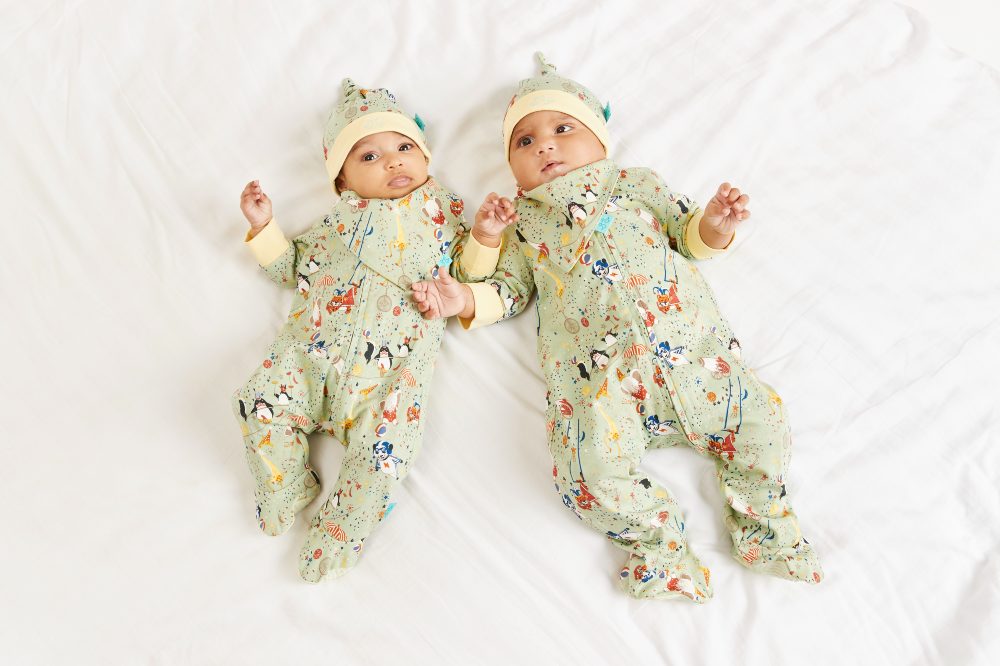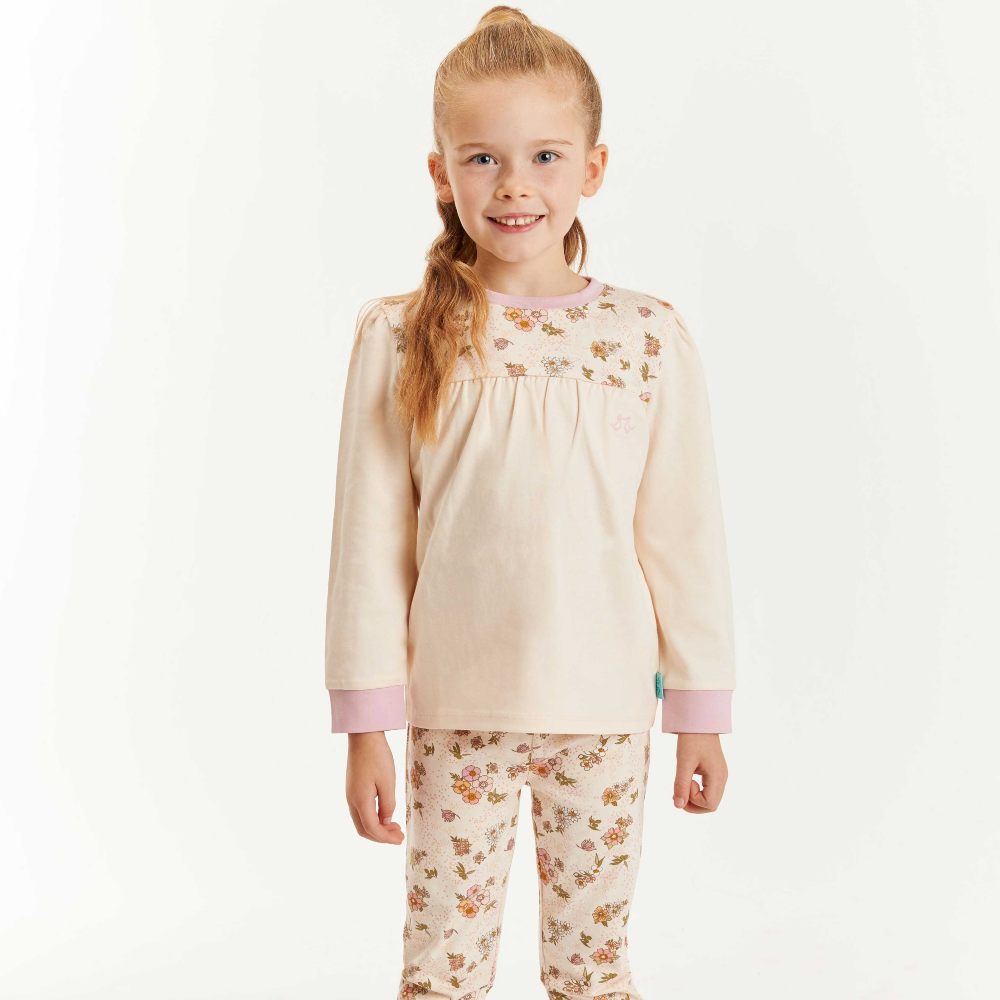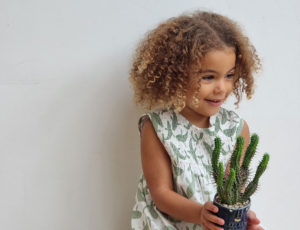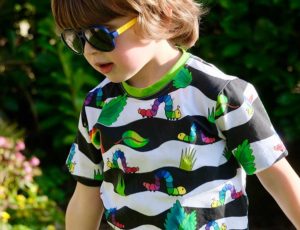
CWB’s Laura Turner chats to Sabrina Burns about her organic childrenswear brand Luca and Rosa.
Laura Turner: What does the Luca and Rosa collection comprise?
Sabrina Burns: It offers beautiful, coordinated baby sleepwear ranges, matching children’s sleepwear, and loungewear. We have even included loungewear sets for Mum. The entire range is produced to a very high-quality standard and made with love and attention to detail, with a wonderful nod of Italian nostalgia running throughout the brand.
LT: What was the inspiration behind Luca and Rosa and why did you choose to use organic cotton?
SB: My daughter was born with quite severe eczema, and we had to be very careful about what we put on her skin from birth. I quickly discovered from early research that our skin absorbs the chemicals and toxins from the fabrics we wear and the dyes within garments. Organic cotton is less likely to cause allergic reactions, as it grows without the use of synthetic pesticides and chemicals that can irritate sensitive skin. After finding there was a real gap in the market for stylish, well-made organic children’s sleepwear and comfortwear that was a bit different and that children loved to wear, I launched Luca and Rosa.
LT: What are the key benefits of organic cotton for the planet?
SB: Organic cotton grows without the use of synthetic pesticides, insecticides and genetically modified organisms (GMOs). This reduces the overall environmental impact and minimizes the harm to ecosystems. Organic farming practices focus on maintaining soil fertility through crop rotation and the use of natural fertilizers, which help preserve soil health and promote biodiversity. Organic cotton farming also tends to use more sustainable water management practices, such as rain-fed irrigation, which can help reduce the overall water footprint of cotton cultivation. Plus, it often adheres to fair labour practices, ensuring that workers are treated ethically and paid fair wages. Choosing organic cotton can therefore contribute to promoting social responsibility in the textile industry. Furthermore, the processing of organic cotton often involves using natural or low-impact dyes and finishes, reducing the release of harmful chemicals into the environment.

LT: How can organic cotton help with skin problems such as eczema?
SB: It is less likely to cause allergic reactions, as it grows without the use of synthetic pesticides and chemicals that can irritate sensitive skin. The fabrics are also breathable and allow air circulation, which helps regulate body temperature and prevents overheating. This is particularly beneficial for children who may be more prone to skin sensitivities. The fibres are often softer than conventionally grown cotton fibres and so gentler on a child’s delicate skin, reducing the risk of irritation. Organic cotton is also processed without the use of harsh chemicals, making it a safer choice for children’s clothing. Conventional cotton processing may involve the use of chemicals that can linger in the fabric, for instance.
LT: What are your plans for Luca and Rosa?
SB: We are introducing some exciting new lines later this spring − gorgeous new prints and extending our product lines, which we are super excited about. We are also looking to expand our retail offering and have some wonderful partnerships in place for later this year, as well as some international growth.
For further information on Luca and Rosa, please click here.












